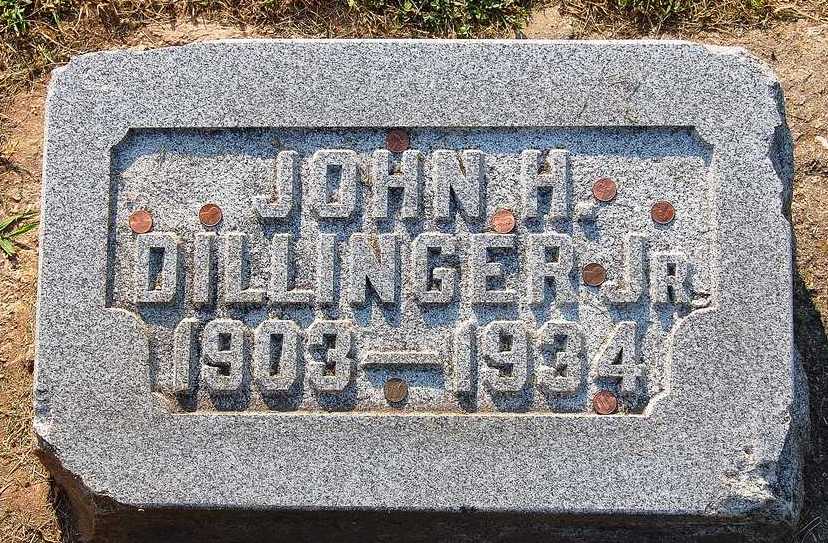texasgirl said:Edward, here are a couple of trivia items from imdb
As incredible as it may seem, the scene where John Dillinger walks into the Chicago Police station and talks to police officers is based in fact. Dillinger was so cocky and sure of himself that he often would stop and chat with policemen and even act like a tourist and ask to take their pictures. He also used to call up his early adversaries, Indiana State Police Captain Matt Leach and Chicago Police Captain John Stege (Head of the "Dillinger Squad" where Dillinger wanders into the police station), and tease them about how they can't catch him.
This part is more believable when one knows that John Dillinger underwent facial reconstruction surgery in his last few months of life. This is only alluded to in the movie when Purvis comments "he may have changed his appearance," and of course isn't actually portrayed. It was crude plastic surgery, but he was able to walk out in the open, and began to go out in public very often as he became more confident in his new looks.
In the trailer Johnny Depp says to one of the bank customers, "We're here for the bank's money, not your money." This line was in a previous Michael Mann film. It was said by Robert De Niro in Heat (1995). In the finished film, this line is reversed to "We're not here for your money, we're here for the bank's."
Not only was the line, "we're here for the bank's money, not yours" used in a previous Michael Mann film, but an almost identical phrase was heard in Arthur Penn's classic, Bonnie and Clyde (1967). In the latter, Clyde, upon seeing a pile of cash at a teller's window, asks the customer if that's his money or the bank's.
Excluding de Niro's saying, this is also historically accurate on both accounts. In reality, Dillinger said it first, in the exact same circumstances as shown in the movie. A customer who had money out on the counter looked at it hesitantly during the robbery. When Dillinger noticed, he told the customer to put the money away, using that line.
A few months later, after reading about the incident in the papers, Clyde Barrow was increasingly agitated that the public seemed to love Dillinger, yet had little sympathy for he and Bonnie. Bonnie and Clyde were never great robbers, usually preferring to hold over convenience stores to banks. But on one occasion, Clyde, wanting to share some of Dillinger's prestige, robbed a bank and used the exact same line Dillinger had, after reading about it in the newspapers.









